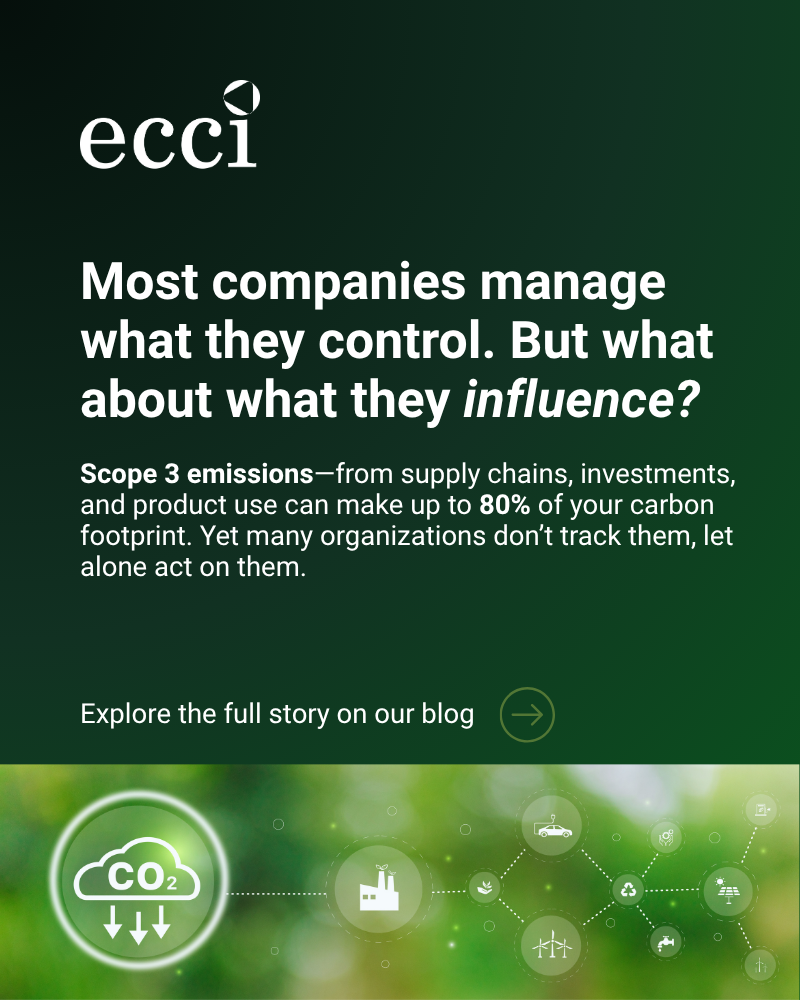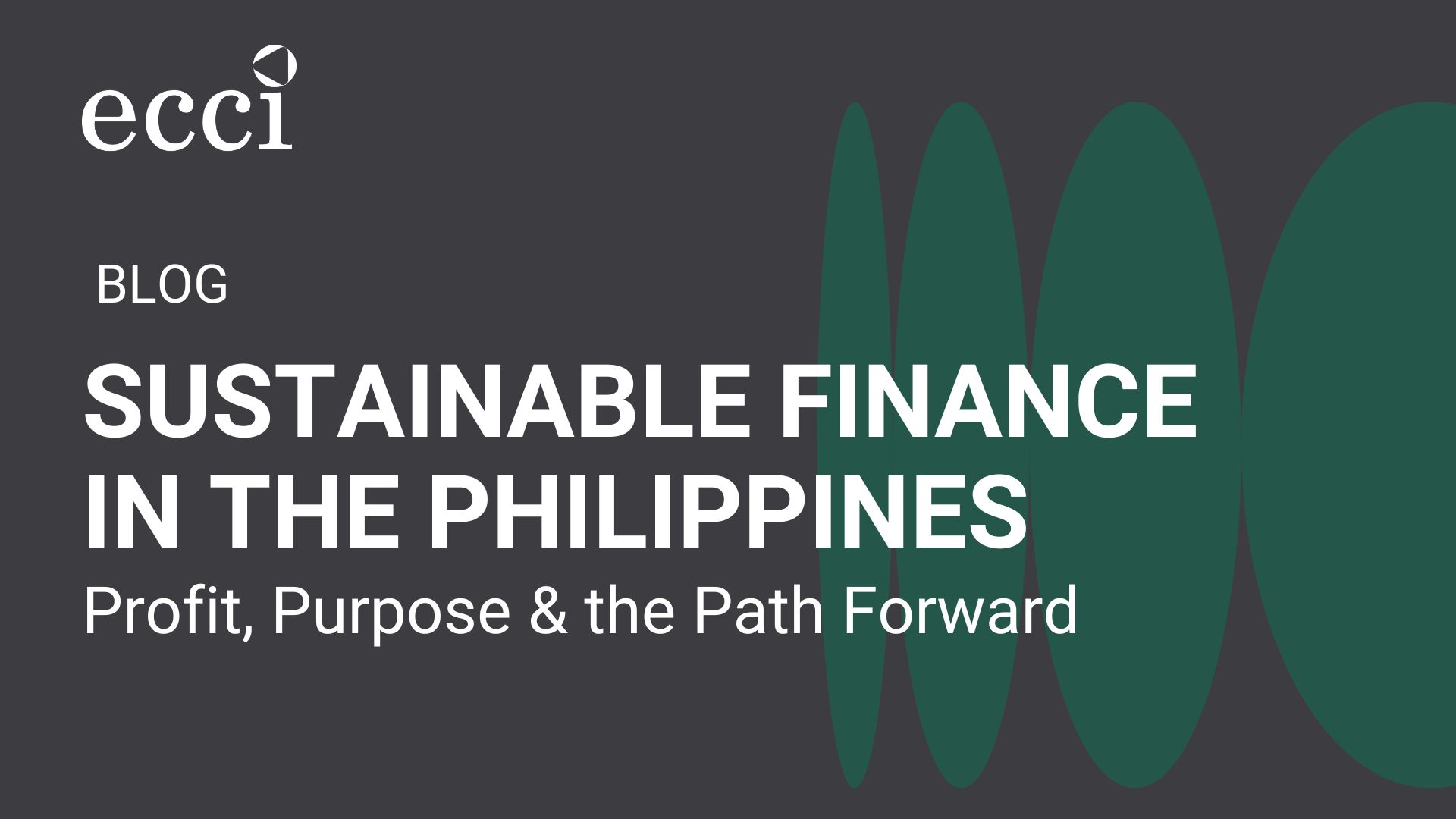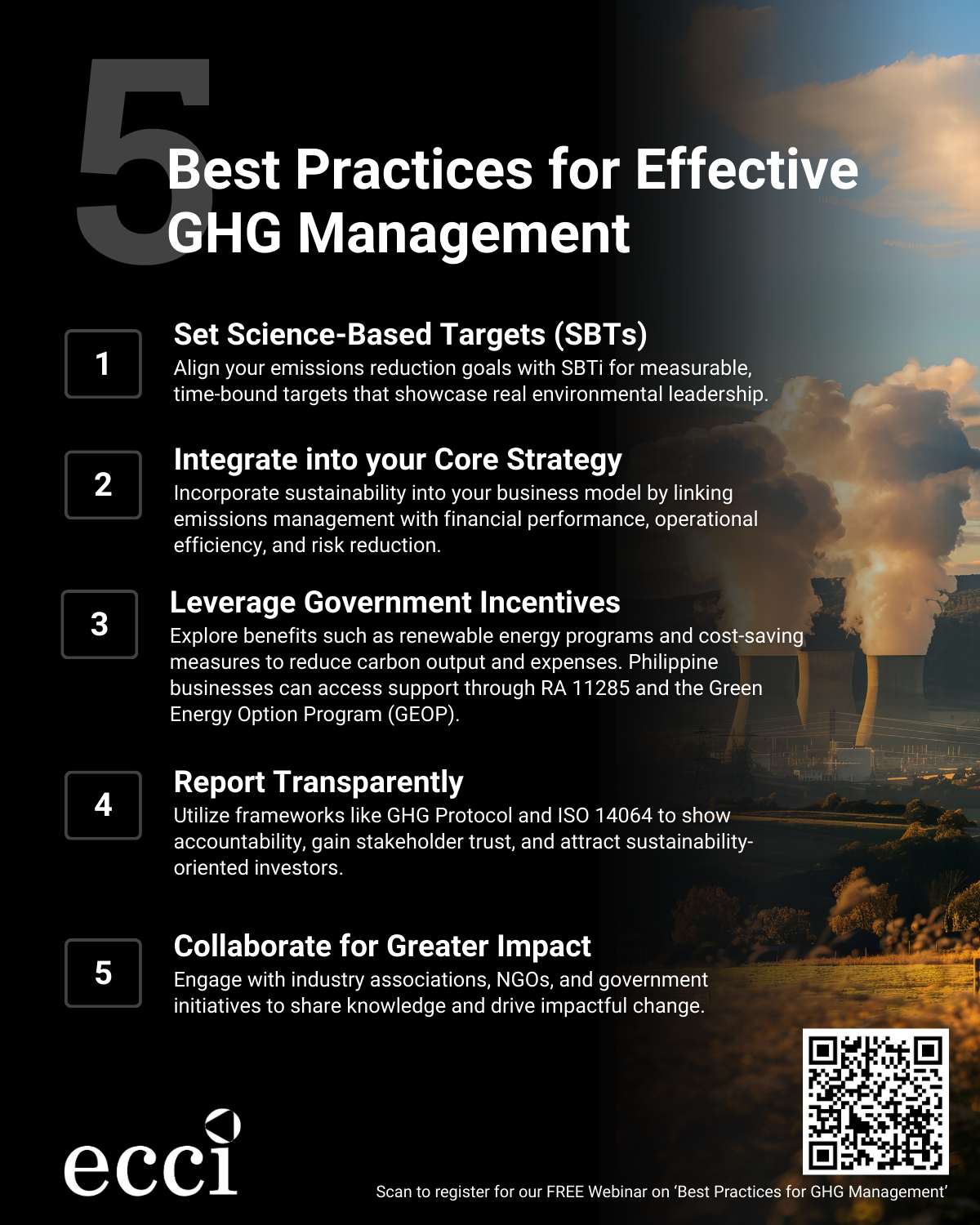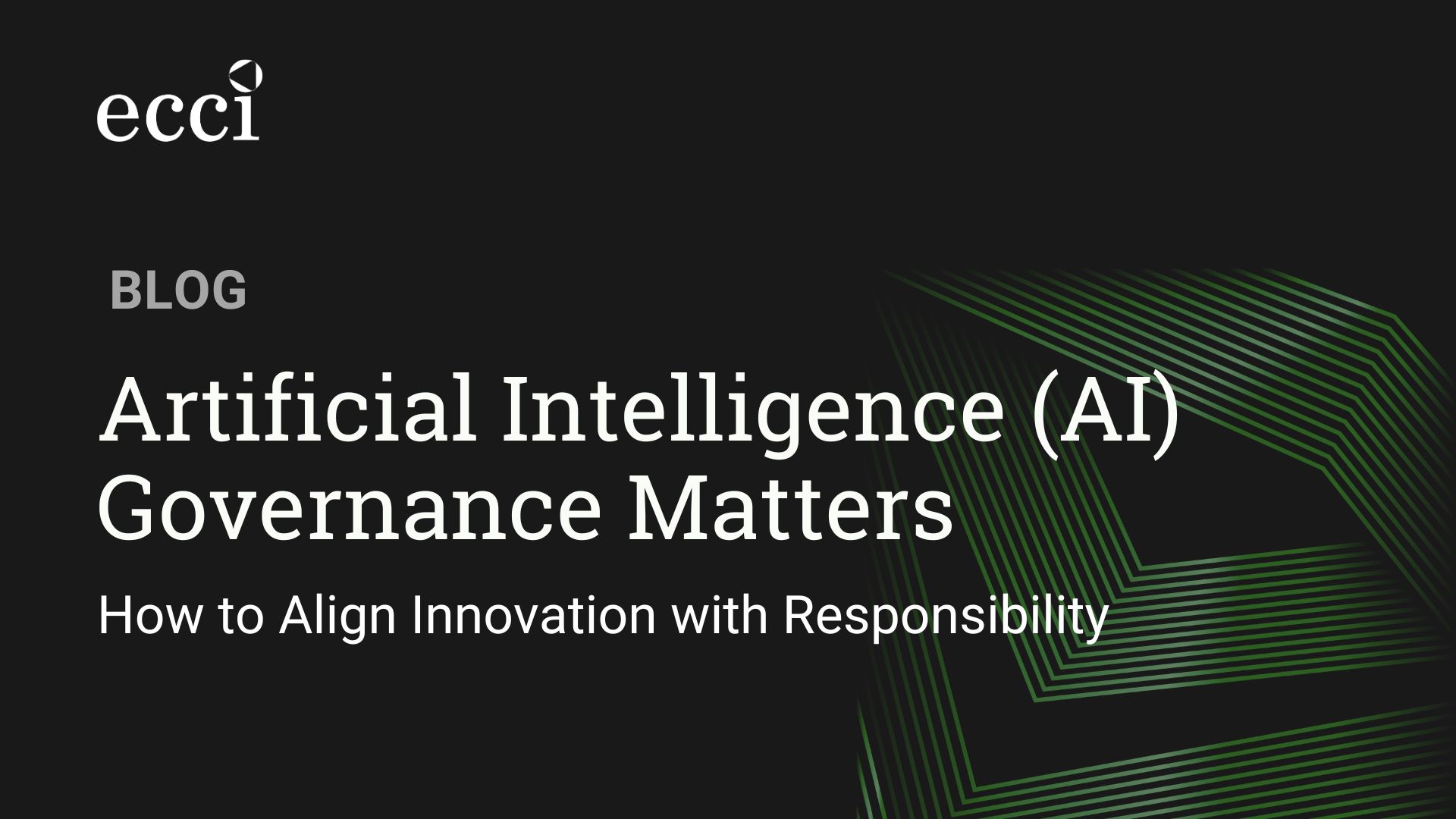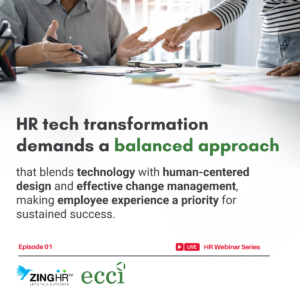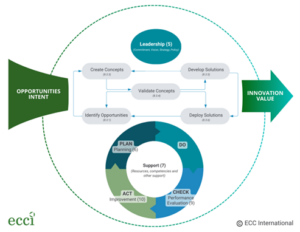As regulatory standards tighten and stakeholder scrutiny intensifies, Scope 3 emissions have emerged as the largest blind spot in corporate climate strategies. For Philippine companies, the ability to measure and act on these indirect emissions will increasingly determine strategic credibility, competitiveness, and access to capital.
The overlooked emissions with outsized impact
While many organizations have made meaningful progress in managing Scope 1 (direct) and Scope 2 (energy-related) emissions, Scope 3 emissions—which encompass all indirect emissions across a company’s value chain—often remain unmeasured, unreported, and unaddressed.
This is a critical gap. For companies in sectors such as retail, logistics, manufacturing, and real estate, Scope 3 can account for 70% to 90% of total emissions. In real terms, a property developer’s Scope 3 footprint may include upstream emissions from cement and steel production. A financial institution’s climate exposure may come primarily from financed emissions across its portfolio.
Across sectors, Scope 3 is where the majority of climate risk—and opportunity—resides.
Why Scope 3 is moving to the top of the ESG agenda
Several global trends are pushing Scope 3 emissions into the boardroom:
- Regulatory momentum. Global frameworks such as IFRS S2 (Climate-related Disclosures) and the EU’s CSRD are accelerating expectations for full value chain transparency. While not yet mandatory in the Philippines, these standards are shaping expectations among international partners and investors.
- Supply chain pressure. Multinational companies are tightening climate requirements for suppliers. Local exporters, service providers, and contractors are increasingly required to disclose emissions data as a prerequisite for continued engagement.
- Investor and customer scrutiny. Institutional investors and procurement leaders are embedding climate performance into their risk models and decision frameworks. Sustainability has moved from a soft metric to a material consideration.
Linking Scope 3 to a credible low-carbon transition
Managing Scope 3 is not a compliance exercise. It is a strategic imperative that enables companies to:
- Innovate products. Redesign offerings to reduce emissions during use and end-of-life
- Transform supply chains. Partner with vendors to decarbonize inputs and logistics
- Improve operations. Strengthen data quality, metrics, and procurement criteria
- Differentiate in the market. Position as a credible low-carbon partner in competitive bids
Without credible Scope 3 action, net-zero commitments risk being perceived as incomplete—or worse, greenwashing.
Where to start: A practical roadmap for Philippine enterprises
Despite its complexity, Scope 3 can be addressed through a phased, pragmatic approach:
- Baseline and prioritize. Conduct a high-level assessment of your 15 Scope 3 categories under the GHG Protocol. Focus on high-impact areas such as purchased goods, transportation, and product use.
- Engage stakeholders early. Collaborate with procurement teams, suppliers, and customers. Use simple data templates and pilot initiatives to build internal momentum.
- Build internal capability. Equip sustainability teams with the tools and skills needed to interpret Scope 3 data. Leverage partners—consultants, auditors, or digital platforms—for early-stage support.
- Integrate into strategy. Embed Scope 3 analysis into business planning, risk management, and capital allocation—not just sustainability reporting.
The bottom line
Scope 3 emissions are more than a measurement challenge—they are a leadership test. Companies that take early, credible action will be better positioned to:
- Comply with future disclosure mandates
- Maintain access to global value chains
- Attract green capital
- Future-proof their business models
The shift to a low-carbon economy is already underway. The question is no longer if Philippine businesses must act, but how soon—and how effectively.
How we can help
As a leading consultancy with over two decades of experience in sustainability and climate advisory, we support enterprises in making credible, data-driven transitions toward low-carbon operations. From developing ESG strategies and conducting GHG inventories to guiding climate risk assessments and Scope 3 action plans, our team helps businesses turn compliance into opportunity and sustainability into strategic advantage. For more information visit this page.
To further support organizations navigating the complexities of Scope 3 emissions, we invite you to a FREE expert-led webinar titled “Low-Carbon Strategies for Achieving Net-Zero Targets”, happening on August 13, from 2:00 to 3:00 PM PST. The session will explore practical topics such as an introduction to low-carbon strategies and net-zero, a clear explanation of Scope 3 emissions, and the tools and frameworks for managing your carbon footprint. To secure your slot, register here.

